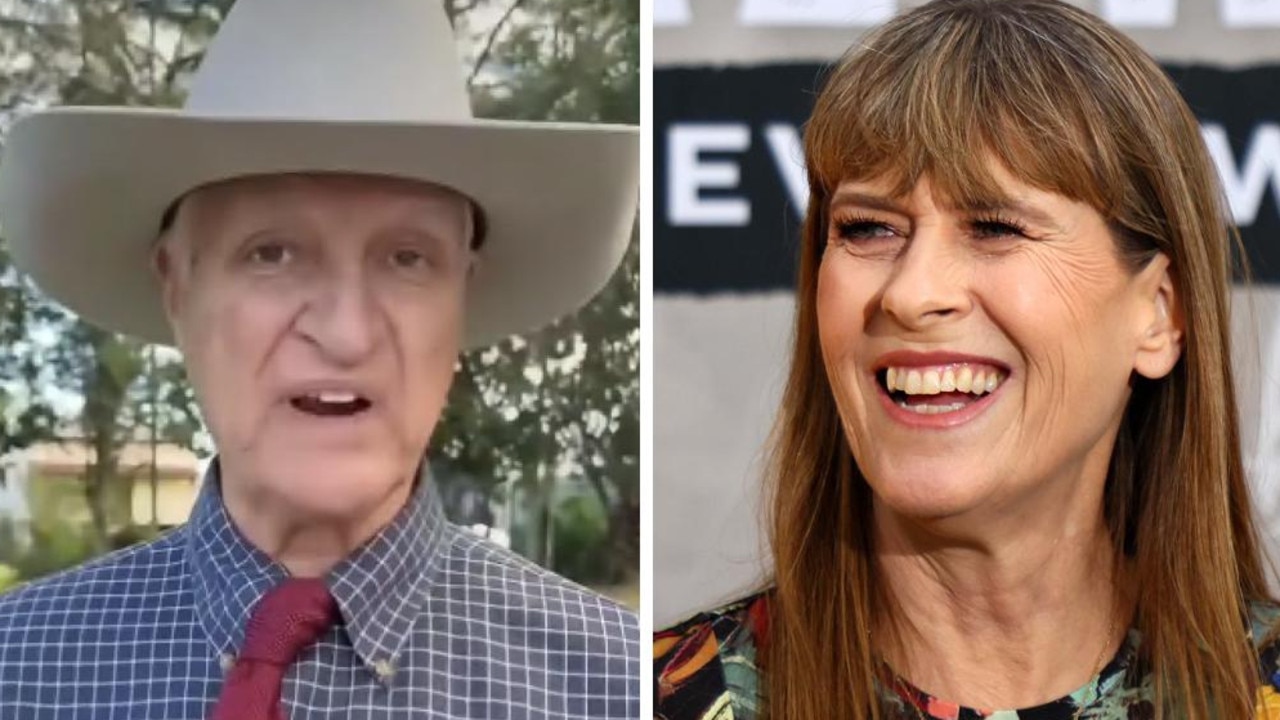‘Hacked to pieces’: Fury over sick act
Aussie fishermen are in the firing line after divers made a sickening discovery that left them shocked and saddened.

Divers have spoken out in horror over killing of two beloved animals — blaming fishermen for “hacking” them to pieces and sparking a debate online.
The remains of the bull rays — a large species of stingray — were found by divers in Chowder Bay in Sydney’s north shore this week.
Diver James Weaire posted photos of one of the discarded rays – known to the community as “Stumpy” – to social media.
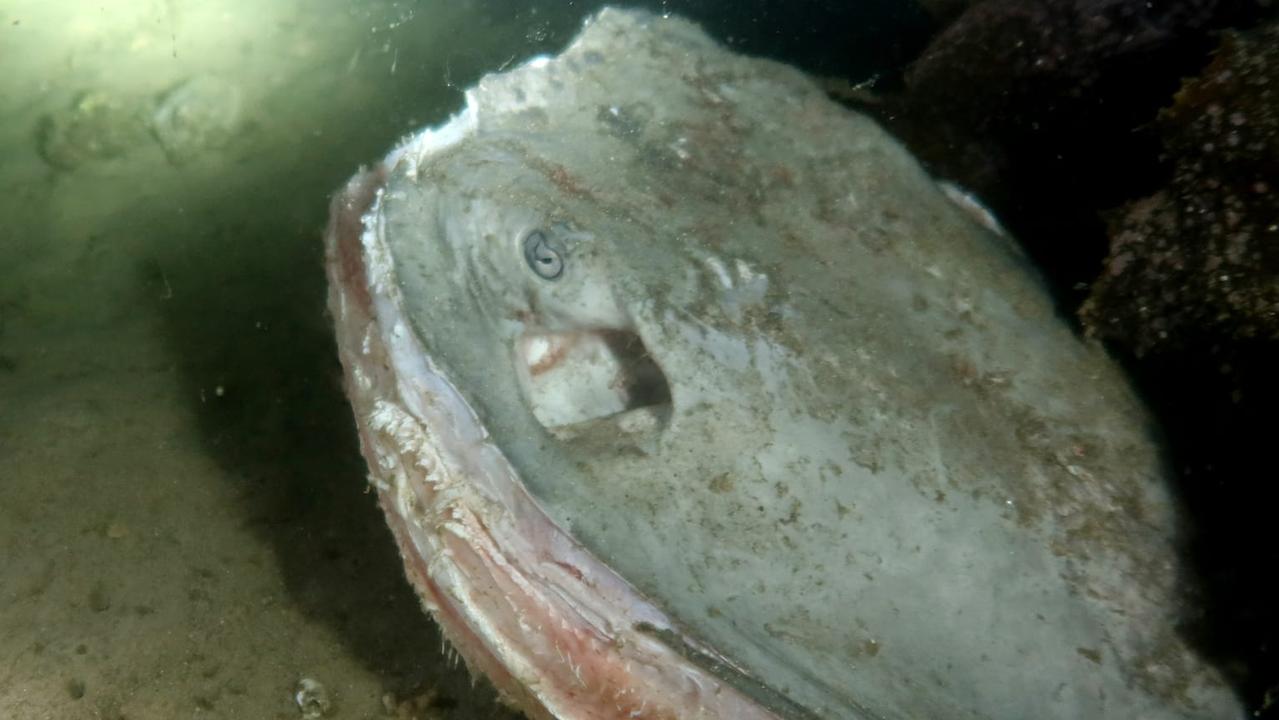
In the photos, the fins and wings of the stingray appear to be cut off while the body remains.
Stingrays are legal to catch, but there is a combined limit of five rays and sharks.
Spearfishing is illegal at Chowder Bay, but line fishing is permitted.
“Sad report from a night dive yesterday at Chowder Bay. Massive Bull Ray hacked to pieces by fishermen,” Mr Weaire said on Facebook.
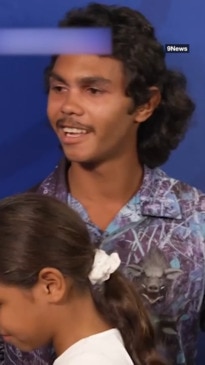
“Recently I had the incredible joy of diving with this beautiful animal, heart [breaking] to see what humans can do.
“Chowder Bay is a site so incredibly diverse with life not to mention home to the world’s biggest release of seahorses! It’s about time NSW Fisheries make this a No-take Marine Park.”
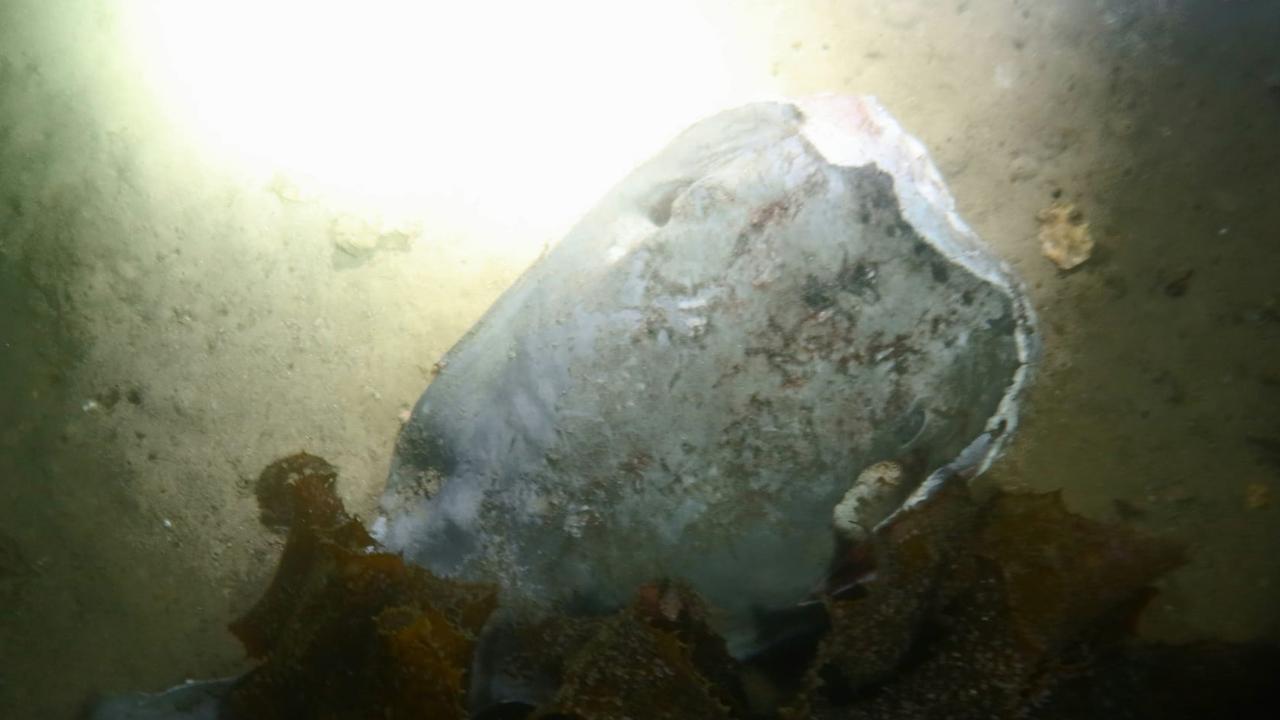
He told Yahoo News Australia he discovered the “butchered” animals during a night dive on Saturday. He said they appeared to be “hacked to pieces”, likely “harvested for their wings” before the “carcasses were thrown back into the water”.
“I regularly dive in the area, I have a lot of friends that do as well. We regularly see these rays, they’re quite friendly,” he said.
“One of them [the two killed] was named Stumpy, he was known by the local dive community to just pop up and swim very close to you. They’re basically a feature of the dive site”.
He said it was “heartbreaking” to see the beloved marine animal in the state it was in. It’s understood that on a global scale bull rays are a critically endangered species.
Fellow diver Jayne Jenkins found the other ray and also posted about the find on social media.
“Not much to say today apart from one of the saddest dives at Chowder Bay,” she wrote.
“Both at least 20 years old and this is how it ended – even worse – it is legal!”
Stingrays are caught for their meat but also used for bait.
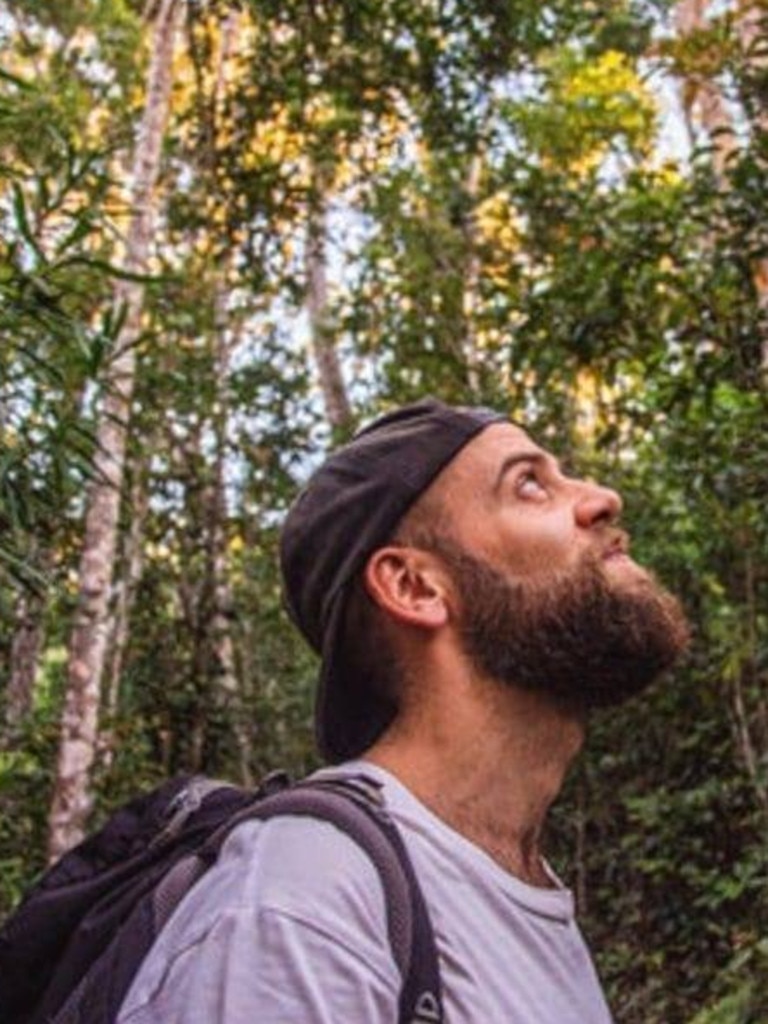
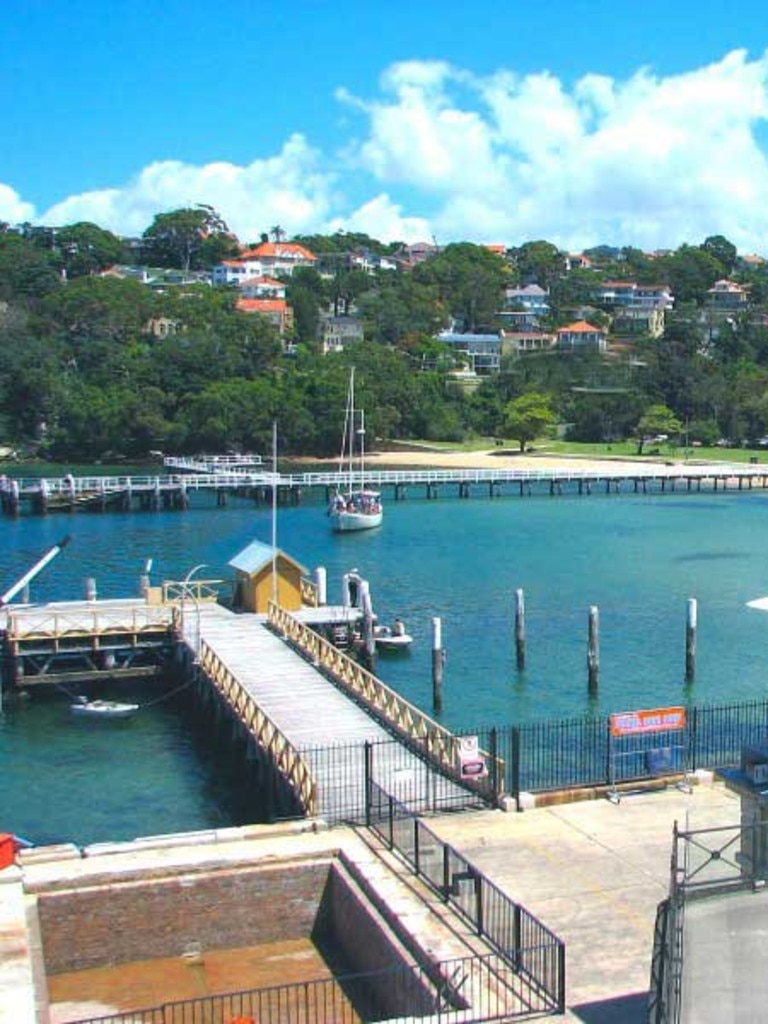
Jayne Jenkins from the Friends of Chowder Bay Group said the local diving community is devastated by the senseless violence.
“The two rays were very much part of our underwater world, and it honestly feels like we’ve lost family members,” she told Mosman Collective.
“They suffered unimaginable pain and suffering in what seems to be a targeted attack.
“One man alone cannot perform a task like this. In my view, it was a coordinated effort with several accomplices.”
However, the killings have created a stir online — with many pointing out the act is legal.
Local resident Peter Hutchins said Chowder Bay was becoming a “fisherman’s dump”.
“Others stating that this is legal, so is okay, missed the point that the area is to be enjoyed by all,” he said.
“People flock to this spot to engage with the abundant sea life. Just because you can catch a ray, doesn’t mean you should.”
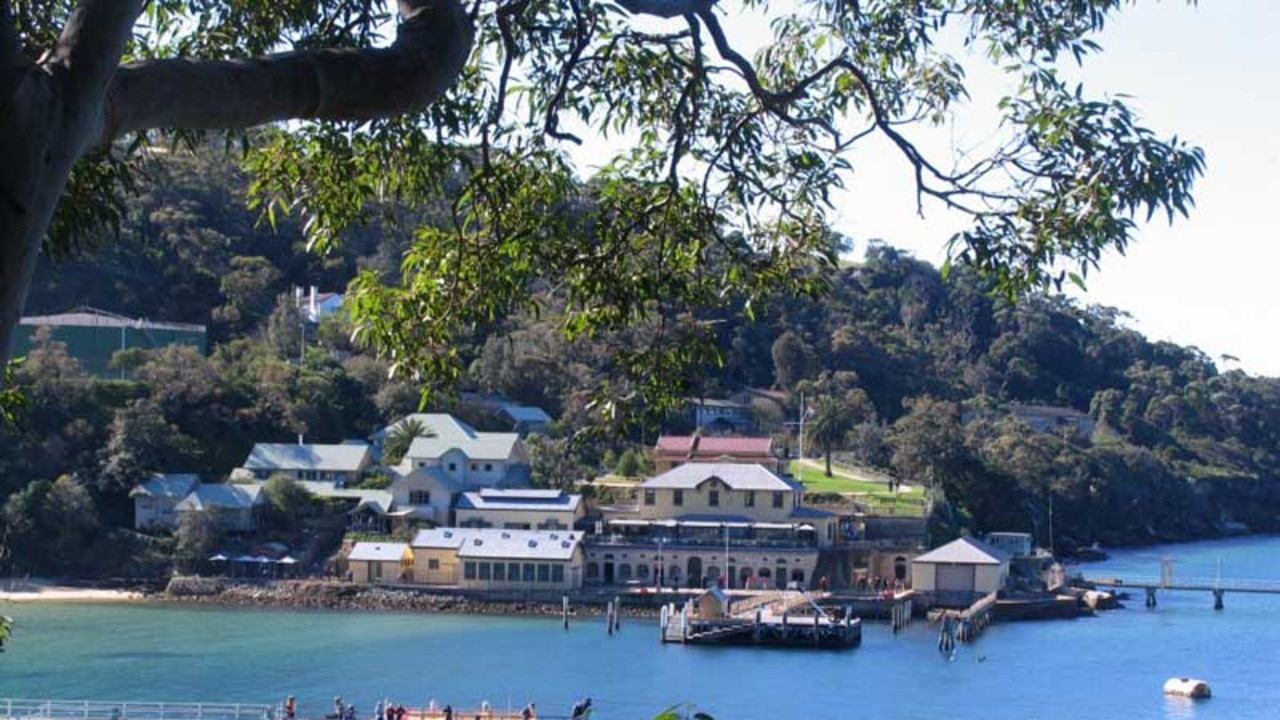
In a statement, the Department of Primary Industries said they were investigating the incident.
“Recreational fishers are allowed to catch them in areas not protected by a closure or by Marine Protected Area rules and using approved methods and gear under the Fisheries Management Act,” the statement said.
Blue groper fishing ban after outrage
This isn’t the first fishing storm that’s kicked off this year, after a spate of illegal killings sparked national outrage.
The deaths of blue gropers caused mass anger and controversy earlier this year after a blue groper, fondly known by locals as Gus, was illegally killed by a spear fisherman in Oak Park, Cronulla in January.
An online petition launched by the Animal Justice Party reached 5813 signatures, urging NSW Agriculture Minister Tara Moriarty to increase penalties after the 26-year-old man was slapped with an $800 fine.
Days later, the killing of three female gropers in Vincentia, about three hours south of Sydney, caused further outrage, with one local describing the animals as “friendly labradors of the sea”.
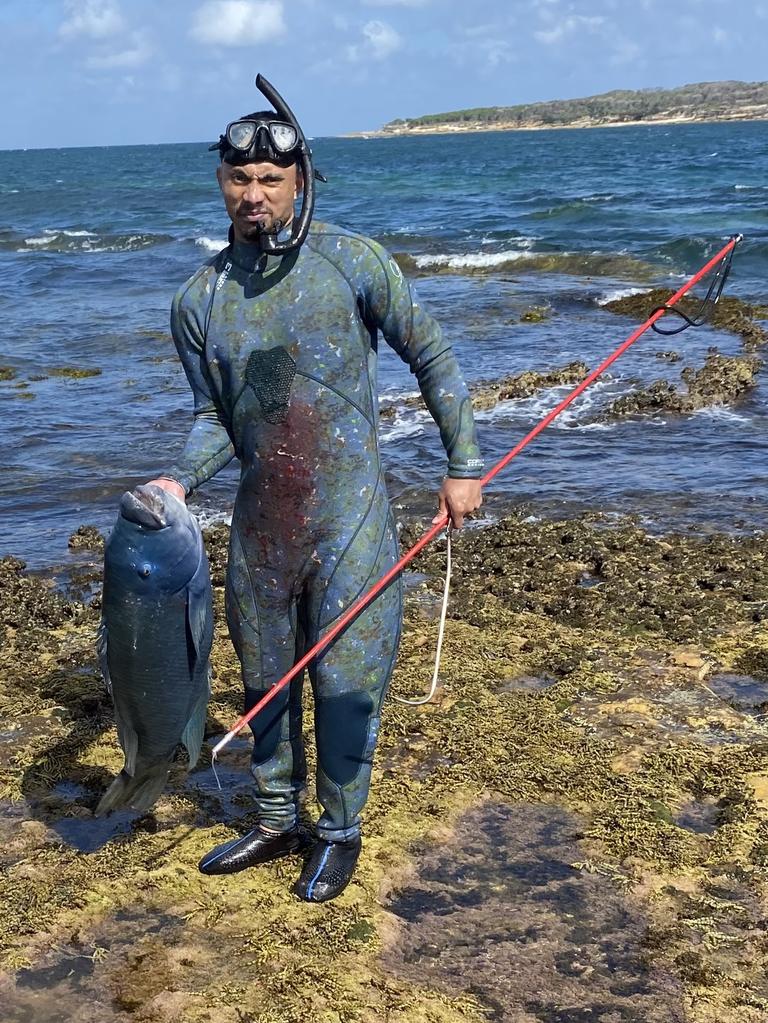
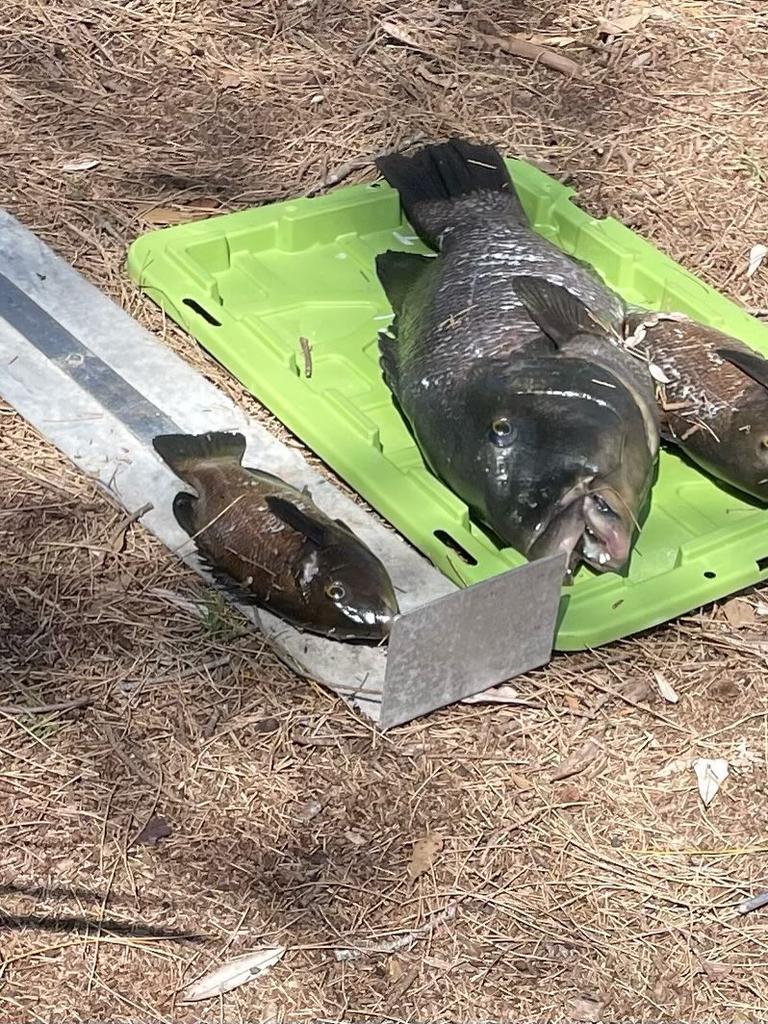
The NSW government took action on the issue. It will be illegal to fish the iconic blue groper in the state.
The new rules will protect the state fish of NSW from fishing of any method, including line fishing.
Previously, the laws only protected gropers (including brown, red, and blue species of the fish) from spearfishing and commercial fishing, and allowed people to catch two a day.
The law will be implemented initially on a 12-month trial basis, with the Department of Primary Industries (DPI) set to consult with stakeholders and the community on the changes to the rules.
The fish will also continue to be allowed to be caught for Aboriginal cultural fishing due to its cultural significance to Indigenous peoples.
A $500 infringement notice, and or a maximum court-imposed fines of $22,000 or imprisonment for 6 months (or both) can apply for first time offenders, with subsequent offenders liable for a $44,000 fine or imprisonment for 12 months (or both).
More Coverage
Ms Moriarty said the changes will improve compliance by creating the same rules for all recreational fishers.
“We have heard the community concerns, and these new rules will make it clear to all water users that these fish should be admired but not targeted,” she said.
“With their bright blue colour, alongside their placid and curious nature, there is little wonder why these beautiful big fish are so well loved by our coastal communities.”





